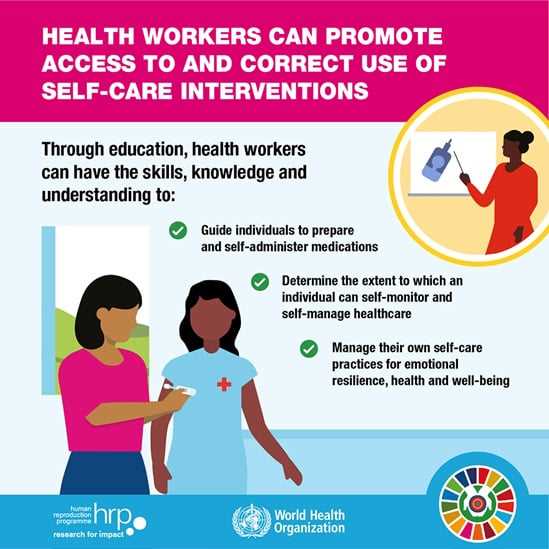
In today’s fast-paced world, it’s essential to prioritize our wellness and build resilience to cope with the challenges that come our way. Resilience refers to our ability to bounce back from adversity and maintain our mental and emotional well-being. It’s crucial to develop effective strategies to increase our resilience and practice self-care to ensure a healthy balance in our lives.
One of the most important aspects of boosting resilience is taking care of our mental health. It’s essential to recognize and address any signs of stress or burnout, as they can hinder our ability to cope with difficult situations. By practicing self-care, we can improve our mental health and strengthen our resilience.
Self-care involves taking deliberate actions to prioritize our well-being. This can include activities such as exercising regularly, getting enough sleep, eating nutritious meals, and engaging in hobbies or activities that bring us joy. By taking care of our physical health, we can increase our resilience and better cope with stressors that come our way.
Another effective strategy to boost resilience is building a support network. Having a strong support system of friends, family, or even support groups can provide us with the emotional support and encouragement we need during challenging times. Sharing our experiences and seeking guidance from others can help us navigate difficult situations and enhance our resilience.
Building Resilience
Resilience is the ability to cope with and bounce back from difficult situations. It is an important aspect of mental wellness and plays a crucial role in maintaining a healthy balance in life. Here are some strategies to help increase resilience and promote overall well-being:
- Develop a support network: Surround yourself with positive and supportive people who can provide encouragement and guidance during challenging times.
- Practice self-care: Take time for yourself and engage in activities that bring you joy and relaxation. This could include exercise, meditation, reading, or spending time in nature.
- Set realistic goals: Break down larger goals into smaller, more manageable tasks. This can help you stay motivated and focused, even in the face of setbacks.
- Learn from setbacks: Instead of viewing setbacks as failures, see them as opportunities for growth and learning. Reflect on what went wrong and how you can improve in the future.
- Practice gratitude: Cultivate a sense of gratitude by focusing on the positive aspects of your life. This can help shift your perspective and build resilience in the face of adversity.
- Take care of your physical health: Eating a balanced diet, getting regular exercise, and getting enough sleep are all important factors in maintaining resilience and overall well-being.
- Seek professional help when needed: If you are struggling with your mental health, don’t hesitate to reach out to a mental health professional. They can provide guidance and support to help you navigate difficult times.
By implementing these strategies, you can build resilience and enhance your ability to cope with life’s challenges. Remember, resilience is a skill that can be developed and strengthened over time. Take small steps each day to prioritize your mental and emotional wellness.
Cultivating a Growth Mindset
A growth mindset is essential for maintaining good mental health and practicing effective self-care. It involves the belief that one’s abilities and intelligence can be developed through dedication and hard work. Cultivating a growth mindset can significantly increase resilience and overall wellness.
Here are some strategies for cultivating a growth mindset:
| Strategies | Description |
| Embrace challenges | View challenges as opportunities for growth and learning. Embrace them with a positive attitude and a willingness to learn from failures. |
| Set realistic goals | Set goals that are challenging but achievable. Break them down into smaller, manageable steps and celebrate progress along the way. |
| Seek feedback | Be open to feedback and constructive criticism. Use it as an opportunity to learn and improve rather than taking it personally. |
| Practice self-reflection | Regularly reflect on your thoughts, feelings, and actions. Identify areas for growth and development, and make a plan to work on them. |
| Learn from others | Observe and learn from the successes and failures of others. Surround yourself with positive and supportive individuals who inspire growth. |
| Emphasize effort over outcome | Focus on the process and effort put into achieving a goal rather than solely on the outcome. Recognize that progress is more important than perfection. |
| Practice resilience | Develop resilience by bouncing back from setbacks and failures. See them as opportunities to learn and grow stronger. |
Cultivating a growth mindset takes time and practice, but the benefits to mental health and overall well-being are worth the effort. By adopting these strategies and embracing a growth mindset, you can increase your resilience and improve your self-care practices.
Developing Emotional Intelligence
Emotional intelligence is a crucial skill that can greatly contribute to our overall well-being and resilience. It involves the ability to recognize, understand, and manage our own emotions, as well as the emotions of others. Developing emotional intelligence can provide us with effective strategies for coping with stress, increasing resilience, and maintaining mental balance.
Here are some key strategies for developing emotional intelligence:
| 1. Self-awareness | Take time to reflect on your own emotions, thoughts, and behaviors. Pay attention to how certain situations impact you and how you respond to them. This self-awareness can help you better understand your emotional triggers and patterns. |
| 2. Empathy | Practice putting yourself in others’ shoes and try to understand their perspectives and emotions. This can help you build stronger relationships and communicate effectively with others. |
| 3. Emotional regulation | Learn healthy ways to manage and express your emotions. This can include techniques such as deep breathing, journaling, or talking to a trusted friend or therapist. |
| 4. Social skills | Developing strong social skills can help you navigate relationships and communicate effectively. This can involve active listening, conflict resolution, and assertiveness. |
| 5. Mindfulness | Practice being present in the moment and cultivating a non-judgmental awareness of your thoughts and emotions. Mindfulness can help you stay grounded and make more intentional choices. |
By actively working on developing emotional intelligence, we can enhance our coping strategies, increase our resilience, and improve our overall self-care and wellness. It is an ongoing process that requires self-reflection, practice, and a commitment to personal growth.
Building a Supportive Network
One of the most effective strategies to increase resilience and practice self-care is to build a supportive network. Having a strong support system can greatly enhance your coping skills and help you maintain a healthy balance in life.
When it comes to self-care, it’s important to remember that it’s not just about taking care of your physical health, but also your mental and emotional well-being. A supportive network can provide the emotional support and encouragement you need to prioritize self-care and make it a regular part of your routine.
Building a supportive network can involve reaching out to friends, family, or colleagues who share similar interests or goals. It can also involve seeking out support groups or online communities where you can connect with others who are going through similar experiences or facing similar challenges.
When building your support network, it’s important to surround yourself with people who are positive, understanding, and non-judgmental. These individuals can provide a safe space for you to share your thoughts and feelings without fear of criticism or rejection.
In addition to emotional support, a supportive network can also provide practical assistance. For example, you may find that someone in your network can help you with childcare, meal planning, or other tasks that can free up time and energy for self-care activities.
Remember, building a supportive network takes time and effort. It’s important to be proactive in reaching out to others and nurturing those relationships. Don’t be afraid to ask for help or support when you need it, and be willing to reciprocate and offer assistance to others in your network as well.
By building a supportive network, you can create a strong foundation for resilience and self-care. Surrounding yourself with positive and understanding individuals can help you navigate challenges, manage stress, and enhance your overall well-being.
Practicing Self-Care
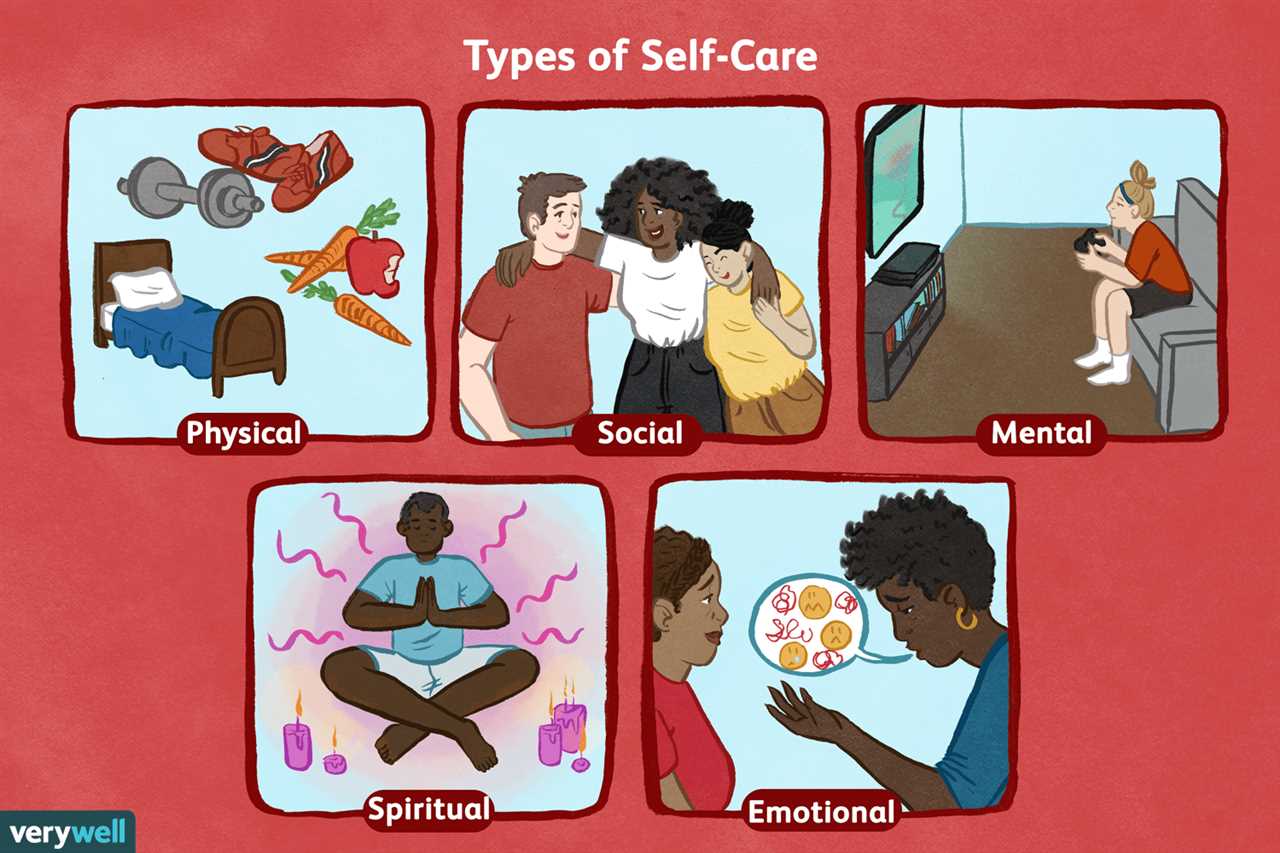
In order to maintain overall wellness and mental health, it is important to prioritize self-care. Self-care involves taking intentional actions to nurture and care for oneself, promoting a sense of balance and resilience in everyday life. Here are some effective strategies to incorporate self-care into your daily routine:
- Make time for activities that bring you joy and relaxation, such as reading a book, practicing yoga, or going for a walk in nature.
- Engage in regular exercise to promote physical and mental well-being. Find an activity that you enjoy and make it a part of your routine.
- Practice mindfulness and meditation to reduce stress and enhance self-awareness. Set aside a few minutes each day to focus on your breath and be present in the moment.
- Take breaks and set boundaries in your work or study schedule. It is important to give yourself time to rest and recharge.
- Connect with loved ones and build a support network. Social relationships are crucial for emotional health and can provide a sense of belonging and support.
- Engage in hobbies and creative outlets that bring you fulfillment and allow for self-expression.
- Prioritize sleep and establish a consistent sleep routine. A good night’s sleep is essential for both physical and mental health.
- Practice self-compassion and positive self-talk. Be kind to yourself and acknowledge your efforts and achievements.
- Seek professional help if needed. If you are struggling with your mental health, reach out to a therapist or counselor who can provide guidance and support.
By incorporating these self-care strategies into your daily life, you can enhance your overall health and well-being, improve your resilience, and develop effective coping mechanisms for managing stress and challenges.
Prioritizing Physical Health
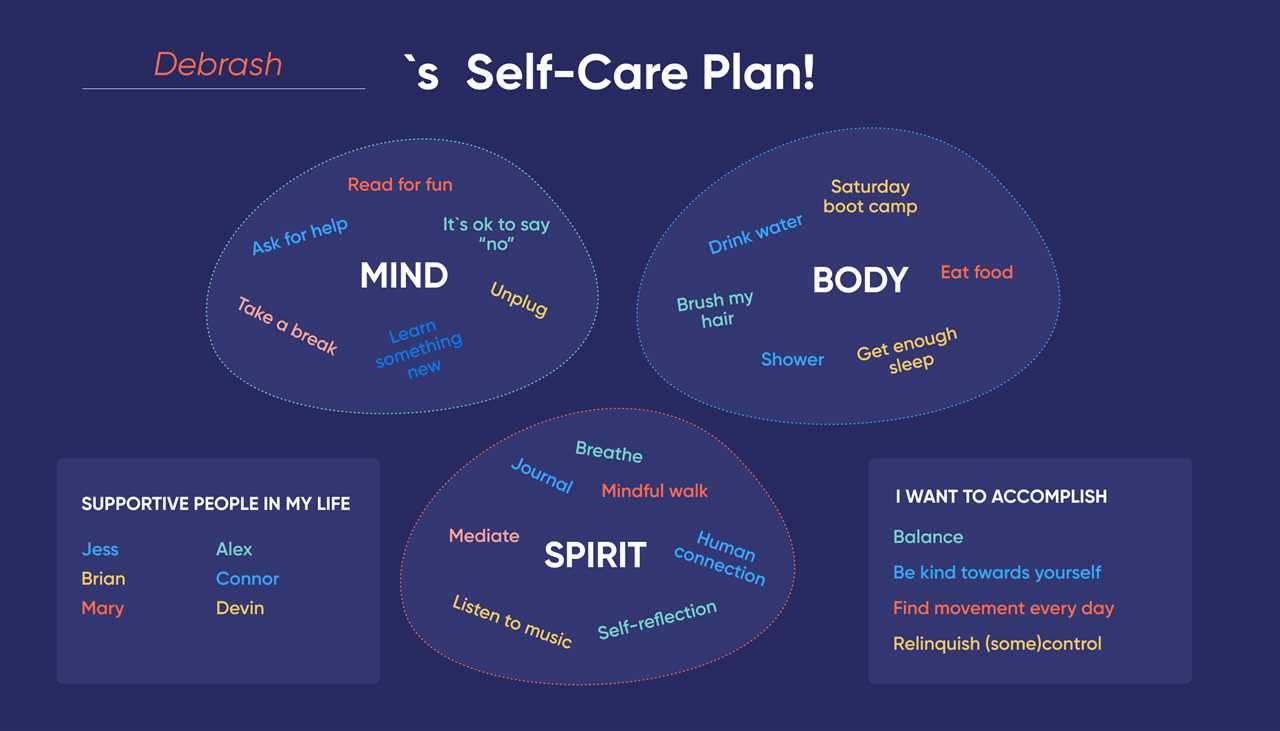
When it comes to coping with stress and increasing resilience, prioritizing physical health is essential. Taking care of your body can help create a balance between your mental and physical well-being, leading to overall improved self-care.
Here are some strategies to prioritize physical health:
- Exercise regularly: Engaging in regular physical activity, such as walking, running, or swimming, can help reduce stress and improve mood. Aim for at least 30 minutes of moderate-intensity exercise most days of the week.
- Eat a balanced diet: Fueling your body with nutritious foods can provide the energy and nutrients needed for optimal functioning. Include a variety of fruits, vegetables, whole grains, lean proteins, and healthy fats in your diet.
- Get enough sleep: Adequate sleep is crucial for physical and mental health. Aim for 7-9 hours of quality sleep each night to support overall well-being and resilience.
- Practice relaxation techniques: Incorporate relaxation techniques into your daily routine, such as deep breathing exercises, meditation, or yoga. These practices can help reduce stress and promote relaxation.
- Stay hydrated: Drinking enough water is important for maintaining physical health. Aim to drink at least 8 cups of water per day to stay hydrated and support various bodily functions.
- Avoid excessive alcohol and drug use: Substance abuse can negatively impact physical and mental health. Limit your alcohol intake and avoid using illicit drugs to protect your overall well-being.
- Take breaks and rest: It’s important to give your body time to rest and recover. Take regular breaks throughout the day and prioritize relaxation activities, such as reading a book or taking a bath.
- Engage in hobbies and activities you enjoy: Participating in activities you enjoy can help reduce stress and improve overall well-being. Make time for hobbies, such as painting, playing an instrument, or gardening.
Prioritizing physical health is a crucial aspect of self-care and can greatly contribute to your overall wellness. By implementing these strategies into your daily routine, you can enhance your resilience and better cope with the challenges life may bring.
Nurturing Mental Well-being
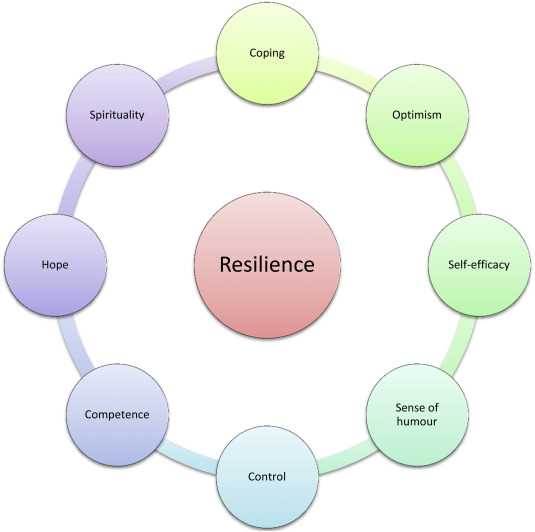
When it comes to strategies for nurturing mental well-being, there are several key factors to consider. Coping with stress and finding a balance between work and personal life are essential for maintaining mental wellness. Prioritizing self-care and practicing regular wellness activities can significantly increase resilience and overall mental well-being.
One effective strategy for nurturing mental well-being is to establish a self-care routine. This routine should include activities that promote relaxation, such as meditation, deep breathing exercises, or taking a warm bath. Engaging in hobbies and activities that bring joy and fulfillment can also contribute to a sense of well-being.
Another important aspect of nurturing mental well-being is maintaining a healthy lifestyle. This includes getting regular exercise, eating a balanced diet, and getting enough sleep. Physical health and mental health are closely linked, so taking care of your body can have a positive impact on your mental well-being.
Additionally, it is important to manage stress effectively. This can involve practicing stress management techniques, such as mindfulness or journaling. Setting realistic goals and priorities can also help reduce stress and create a sense of control over one’s life.
Seeking support from others is another valuable strategy for nurturing mental well-being. Talking to friends, family members, or a therapist can provide a sense of connection and help alleviate feelings of stress or anxiety. Building a strong support network is crucial for building resilience and maintaining mental well-being.
In conclusion, nurturing mental well-being requires implementing strategies that promote coping, balance, and self-care. Prioritizing wellness activities, maintaining a healthy lifestyle, managing stress effectively, and seeking support are all essential for increasing resilience and overall mental well-being.
Engaging in Relaxation Techniques
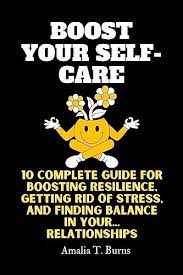
Engaging in relaxation techniques is an essential part of self-care and maintaining good mental health. These techniques can help individuals cope with stress, increase resilience, and find balance in their daily lives.
There are various relaxation strategies that can be effective in promoting mental well-being. One such technique is deep breathing exercises. Taking slow, deep breaths can help calm the mind and reduce feelings of anxiety or tension. It can also improve focus and concentration.
Another effective relaxation technique is progressive muscle relaxation. This involves tensing and then releasing different muscle groups in the body to promote a sense of physical and mental relaxation. By consciously relaxing each muscle group, individuals can release tension and promote relaxation.
Engaging in activities such as meditation or mindfulness can also be beneficial for relaxation. These practices involve focusing on the present moment and cultivating a sense of awareness and acceptance. They can help individuals let go of negative thoughts and emotions, promoting a sense of calm and well-being.
Engaging in hobbies or activities that bring joy and relaxation can also contribute to overall mental health. This can include activities such as reading, listening to music, or spending time in nature. Finding time for these activities can provide a much-needed break from daily stressors and help individuals recharge.
Overall, engaging in relaxation techniques is a vital part of self-care and maintaining good mental health. By incorporating these strategies into daily routines, individuals can increase resilience and find balance in their lives.

I am Patrina de Silva, a psychologist and mental health blogger in Sri Lanka. After obtaining psychology degrees from the University of Colombo and Monash University, I returned home to work as a counselor while also starting the popular blog “Pressy but Happy” to provide advice on psychological issues. Over the past decade, my empathetic articles have made my blog a leading mental health resource in the country. In addition to writing, I maintain a private therapy practice, frequently volunteer counseling time, and conduct seminars, driven by my passion for destigmatizing mental illness and educating the public on the mind-body connection. I strive to be an influential voice in my field through my compassionate approach.
